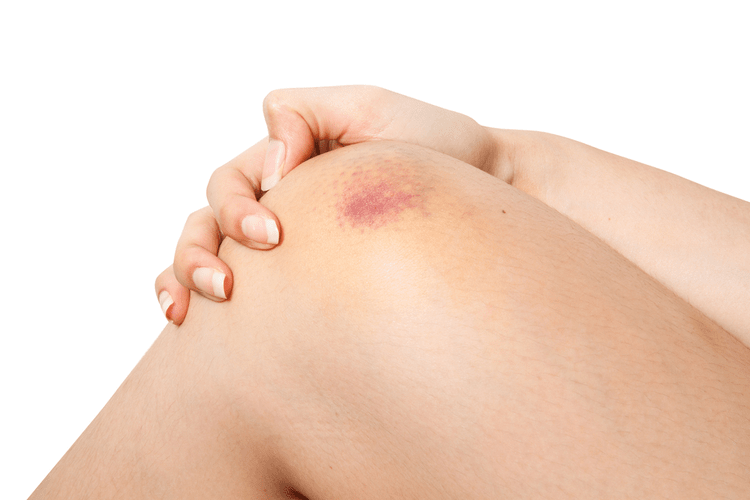Content
Friends who themselves are abusing drugs or alcohol are not conducive to helping you avoid these substances. Even if your intent is to stick with soft drinks, you may find yourself weakening around others who are drinking and seemingly having a better time because of it. Eventually, from internal turmoil and conflict or through outside interventions, a person can try to stop the addiction cycle and enter a healthier lifestyle called recovery. It may take months, years or decades before this process leads one to the path of recovery. An addict or alcoholic may understand the cycle of addiction, but will remain unable to break the repetition of the cycle until they develop the insight to seek help. Rehabilitation centers and treatment facilities provide a zero-tolerance environment to help individuals regain control over their lives. A focus is brought upon by rebuilding relationships and personal goals.

It does not have to happen every day, but there is some sort of pattern that occurs. Others may use when they are having a bad day or when they are bored.
Place obstacles between you and your addictive behaviors
They may use substances despite any negative effects on their personal, home, social, or work life, as well as on their physical and mental health. A person does not have to drink or use drugs every day to reach this stage of addiction, but using the substance must be a pillar in their life that comes before other obligations like work or family. Moreover, the motivations to use drugs and alcohol can determine the overall danger during this stage of addiction.
Social support is linked to higher rates of treatment entry, increased treatment engagement, and positive recovery outcomes. Support can come from friends and family, peer groups, counselors, a treatment program, transitional housing, and other resources. This support must be long-term and ongoing, to prevent re-entering the cycle and to truly break free from addiction. Experimentation is part of this stage of the cycle of addiction. Many individuals who are able to use alcohol occasionally without becoming addicted do not move into experimentation after their initial exposure. That is, there is an increasing need to use more of the drug each time because the old dosage is no longer enough to create the same results and feelings.
Substances Stimulate Areas of the Brain Involved in Habit Formation
Drugs interfere with the way neurons send, receive, and process signals via “neurotransmitters.” Some drugs, like cannabis and heroin, will attach to and activate the neurons. Although these drugs mimic the brain’s own chemicals, they lead to abnormal messages being sent through the network.
- Codependent people often feel the need to “save” their addicted loved ones.
- Trauma-informed therapy is specific to individuals who have survived a traumatic event.
- After a period of time, the pain returns, and the addict begins to experience the fantasies of using substances again.
- At this stage of addiction, the individual has progressed past experimenting with drugs or alcohol.
- Long term use of prescription drugs can alter the chemistry in the brain.
As the effects of the drugs wear off, all these problems, pains, and guilt come back in full force. Add intense drug cravings and yes, the person may be hit by far more than he can handle by himself. His body also becomes depleted of its normal stores of nutrients. He loses B vitamins and minerals, either due to a poor lifestyle or because of the toxic effect of the substances themselves. As the body becomes more and more dysfunctional, it will suffer aches, pains, and weakness. These deficiencies also affect his mind, dragging his mood down.
If you are ready to end your cycle with addiction
An alcoholic may store up on alcohol several days before binging. The longer an addict is engaged in ritual behavior the harder it may be for them to stop the cycle. Ultimately they may act out on their addiction which leads to feeling of guilt and shame. The stages of the cycle of addiction can be matched up with some of the stages of the model of behavior change and its relationship to recovery. Rehabilitation centers today are treating both the mind and body, but they cannot help if they do not know who needs assistance. If you or someone you know needs help for alcohol or substance abuse, call one of our treatment professionals today. Seeing / Sensing Your Substance of ChoiceSensory reminders of addiction can easily trigger relapse during recovery, such as seeing, smelling, or touching drugs or alcohol.
December 12, 2022 – PBS NewsHour full episode – PBS NewsHour
December 12, 2022 – PBS NewsHour full episode.
Posted: Tue, 13 Dec 2022 01:07:27 GMT [source]
At this point, the individual is not drinking or using drugs for reward but to get through the physical and mental challenges that occur when they don’t use the substance. They may experience severe cravings and require more drugs more often.

